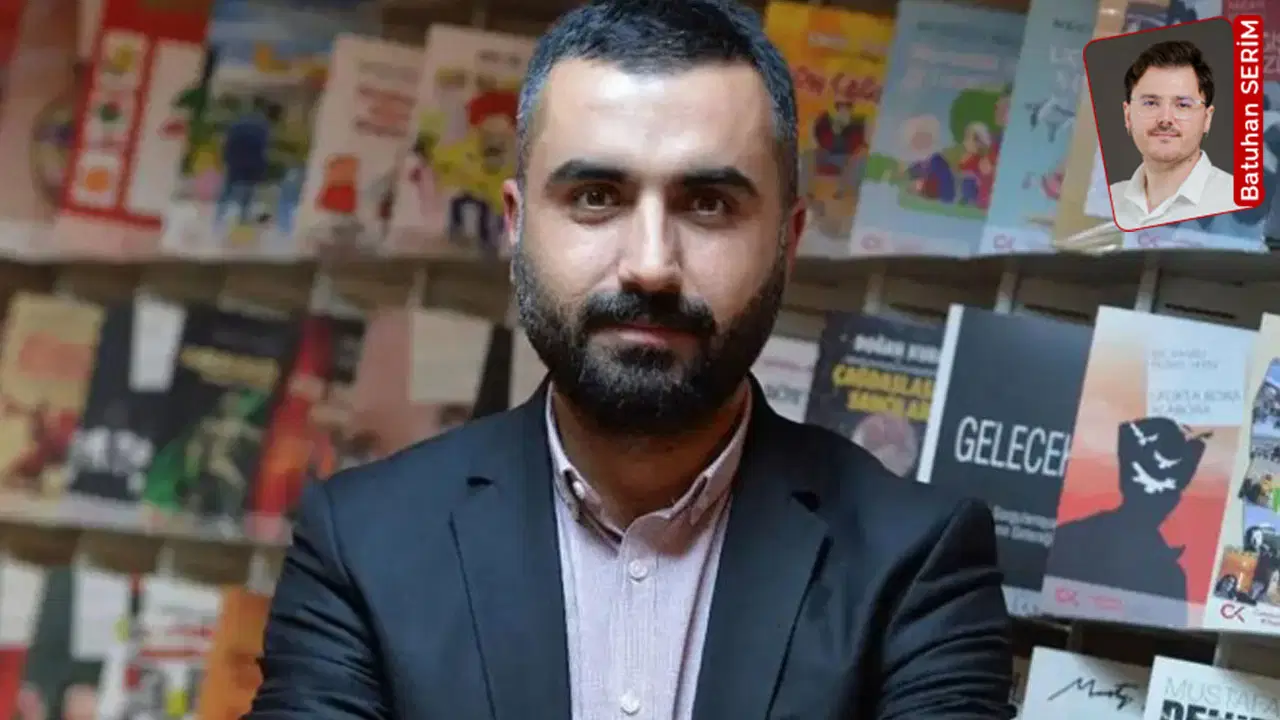A group of doctors in the United States, which includes a Turkish doctor, has developed a vaccine aimed at halting the progression of breast cancer within the human body.
This research, conducted at the University of Pittsburgh Medical Center, has been hailed as a "significant breakthrough" by the U.S. media.
Atilla Soran, a breast surgical oncologist leading this pioneering research, informed Anadolu News Agency that their vaccine has garnered substantial attention within the United States.
Currently, it is undergoing testing on ten volunteers as part of a clinical trial.
Dr. Soran mentioned that the trial will expand to encompass fifty volunteers in the subsequent phase.
He also highlighted that breast cancer ranks among the most prevalent cancer types afflicting women worldwide, including Turkey.
"We believe that this vaccine has the potential to impede the progression of breast cancer within the human body," Soran remarked.
"The most noteworthy accomplishment of our research team, which includes myself, is the transition of a vaccine that has been meticulously developed and rigorously tested in a laboratory setting to a clinical trial," emphasized the Turkish professor.
Dr. Soran stated that the volunteers will be under surveillance for the next five years. He added that the vaccine will only receive approval for commercial use after it is declared safe for larger clinical trials.
Deadliest Cancer Type After Lung Cancer
Breast cancer ranks as the second most lethal cancer among women, trailing only lung cancer, Soran noted.
Approximately 360,000 women are anticipated to receive a breast cancer diagnosis in the United States in 2023. Shockingly, only 16% of these cases will receive an early diagnosis.
Soran expressed optimism: "If this vaccine proves effective in its current phase, we believe it could halt the progression of the disease in the bodies of a significant portion of these 360,000 women."
In 2020, a total of 24,000 women were diagnosed with breast cancer in Turkey, according to Dr. Soran, who criticized the screening program for not achieving its desired reach.
He strongly emphasized the importance of annual mammograms for women over the age of 40.
He advised, "With roughly 1,000 mammograms and the screening of 1,000 women, we can detect one or two instances of very early-stage breast cancer."
"Though one in a thousand may seem minimal, when multiplied across millions, it amounts to a substantial figure," the professor underscored. He also stressed that early diagnosis can lead to avoiding costly treatments such as radiation therapy, chemotherapy, immunotherapy, and surgery for breast cancer, as is the case with many other diseases.
Testing a Vaccine on Humans: One of the Most Critical Stages
Clinical trials for the vaccine are progressing at a deliberate pace, primarily because breast cancer, unlike the COVID-19 pandemic, does not present an immediate and acute threat.
It's noteworthy that breast cancer research commenced in the 1980s and 1990s.
Dr. Soran emphasized that nearly 10% of breast cancer cases are attributed to genetic factors. Furthermore, individuals with these genetic predispositions face an 80% likelihood of being diagnosed with either ovarian or breast cancer during their lifetime.
Dr. Soran underscored the critical importance of regular check-ups for all women.
He also highlighted that incorporating a daily half-hour walk into one's routine can significantly reduce the risk of developing breast cancer. Additionally, women should be attentive to maintaining a healthy body weight in proportion to their height.
Furthermore, he explained that women who give birth before the age of 35 and refrain from consuming alcohol are less likely to receive a breast cancer diagnosis.
Dr. Soran emphasized that early diagnosis can transform breast cancer from a potentially lethal disease into a manageable condition.
The First Professor at the University of Pittsburgh's Mammaplasty Department
In 1997, Dr. Soran received an invitation to work as an expert in the United States. His significant contributions led to his historic appointment as the very first professor at the University of Pittsburgh's Mammaplasty Department in 2004.
In 2007, he conducted research that shed new light on advanced breast cancer, which he aptly named the "Turkish Study." This groundbreaking research continues to be recognized worldwide by the same name.
Despite his international career, Dr. Soran maintains strong ties with Turkey.















